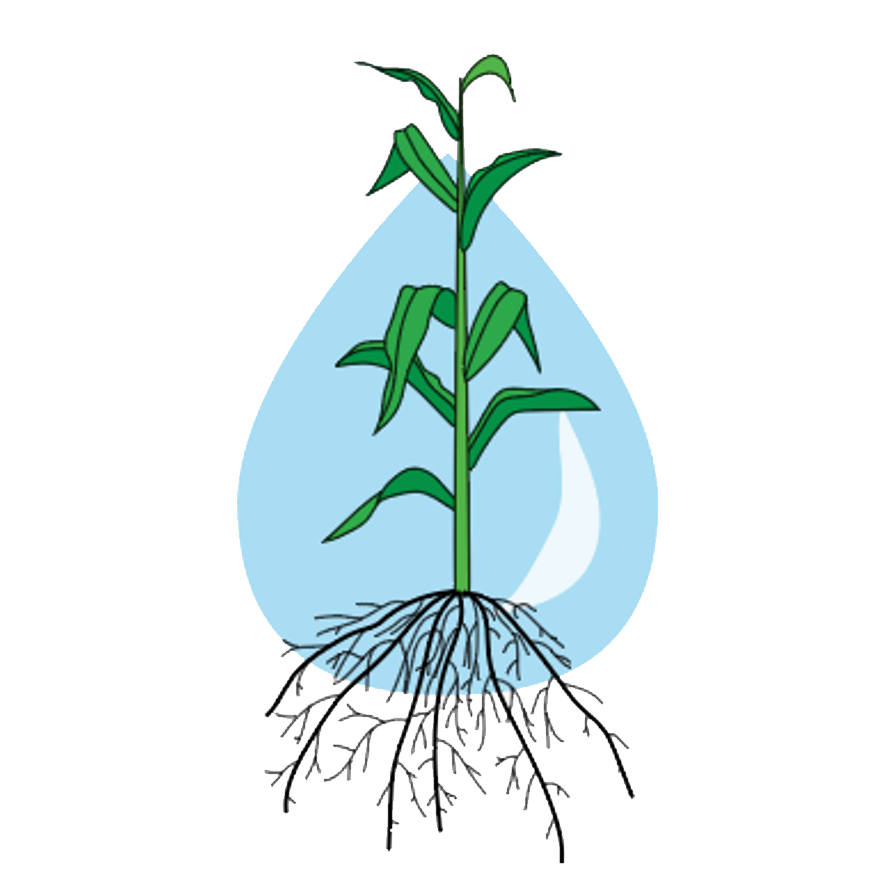
PI: Ivan Baxter (Donald Danforth Plant Science Center, St. Louis)
Co-PIs: Jenn Brophy, Asaph Cousins, Jose Dinneny, Andrew Leakey, Albert Kausch, Sue Rhee, Dan Voytas
Funding Source: DOE
Award Number: DE-SC0023160
Website: https://www.harnessh2optimizecrops.org/
To be economically viable and have environmental benefits, crops used for bioenergy production need to be grown in locations where the supply of water is insufficient or too inconsistent to support production of traditional food crops. This is because crop water use vastly exceeds all other resource demands in any “well-to-wheels” assessment of bioenergy production. Yields of bioenergy crops, such as Sorghum bicolor, have increased through breeding and improved agronomy. However, the amount of biomass produced for a given amount of water use (water use efficiency, or WUE) has remained constant. Therefore, the overall goal of this project is to implement novel technologies and methodologies in Sorghum and the model plant Setaria viridis to redesign the bioenergy feedstock Sorghum for optimal WUE. The research goals are to optimize the engineering of individual traits in leaves and roots to enhance WUE and to combine these individual engineering strategies to maximize WUE in a new and improved form of Sorghum. This engineering will be implemented with new genetic transformation technologies and novel approaches to regulate gene expression that will enable more control of where in the plant a gene acts and when it acts in response to environmental cues. Advanced measurement technologies will enable the physiological components of WUE to be studied faster and more accurately. Computational approaches will be used to identify new genes involved in these processes and to understand how the genes fit into regulatory networks throughout the plant. Combining the practice of engineering “design-build-test-learn” cycles with parallel studies of model and crop species will enable rapid experimental iterations leading to faster and substantial WUE improvements in bioenergy feedstocks, advancing towards the development of renewable and sustainable bioenergy resources.